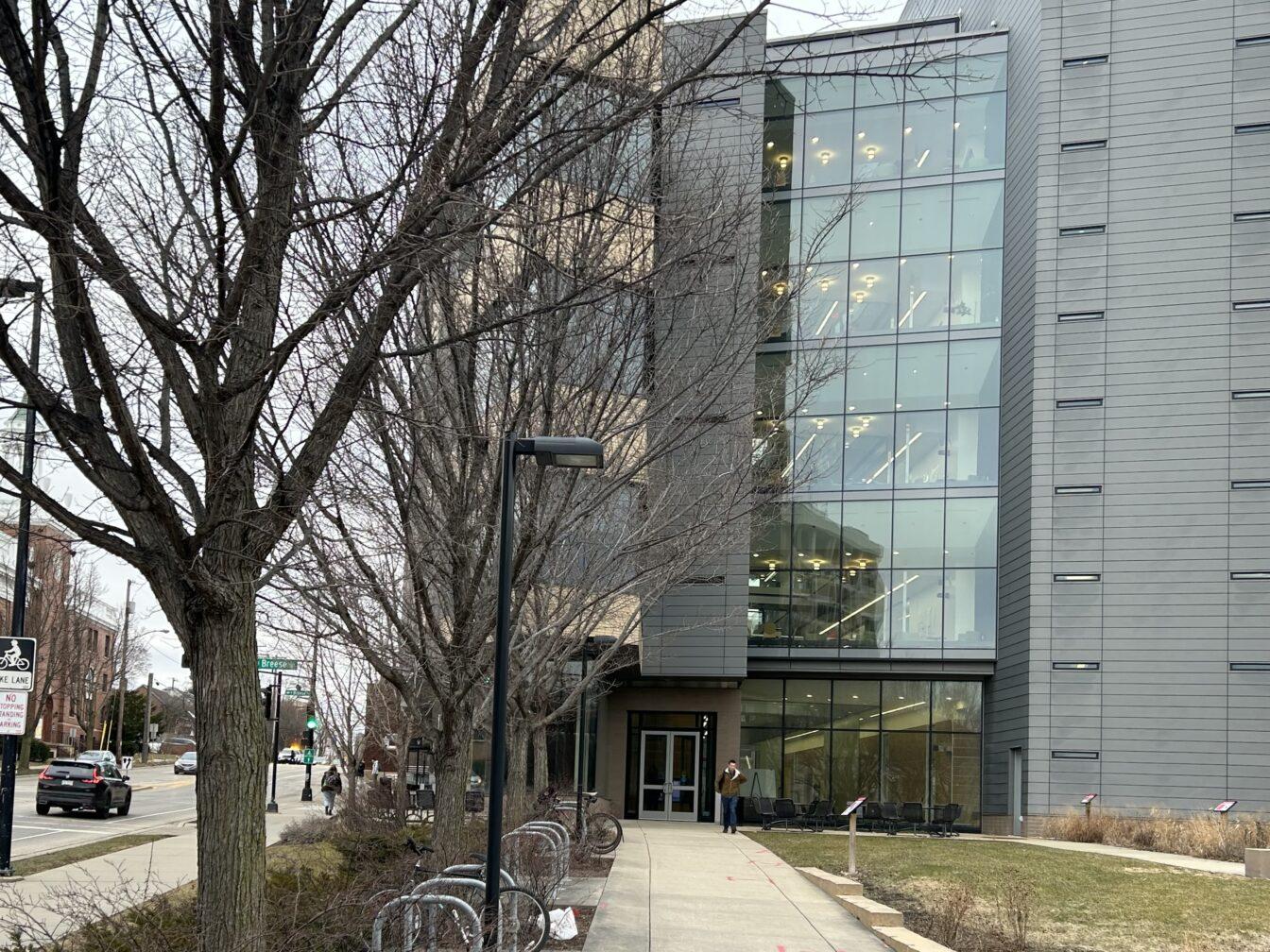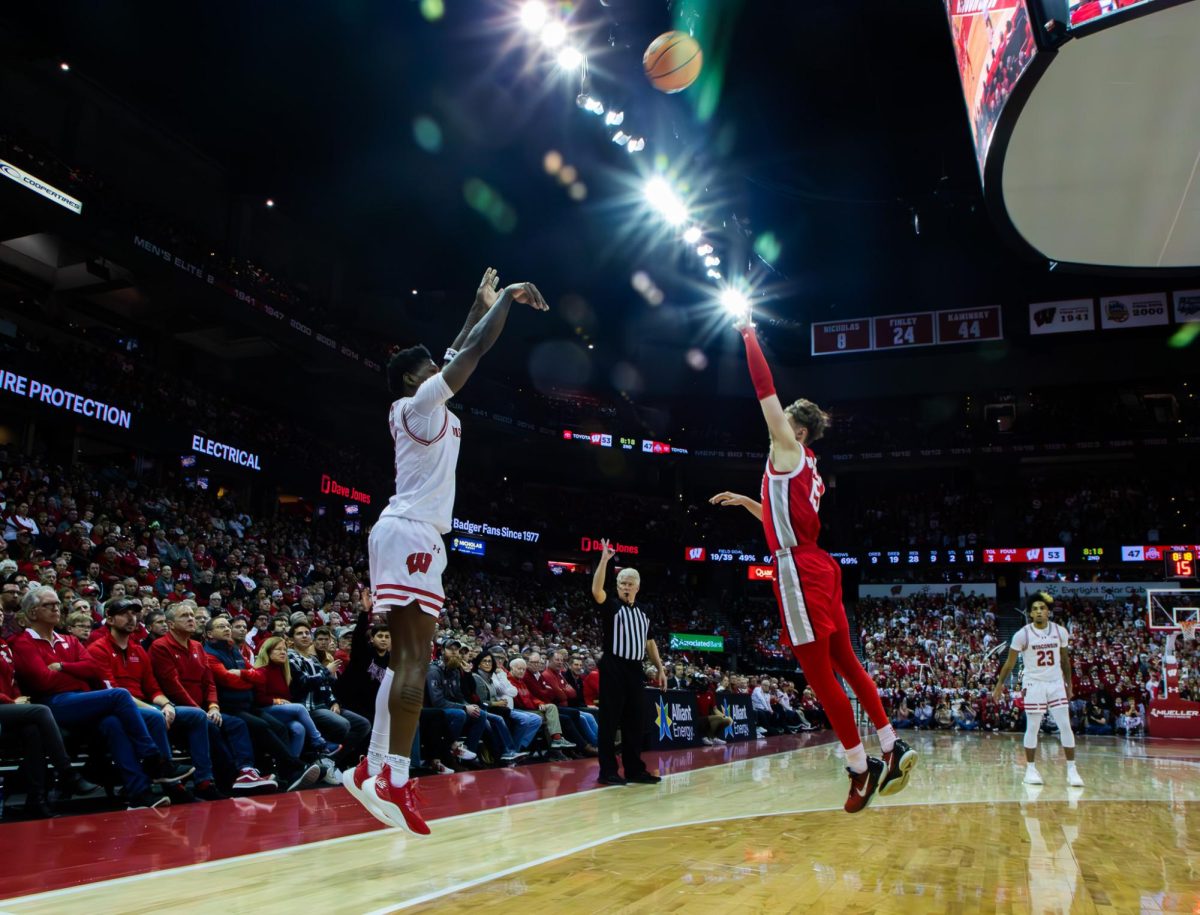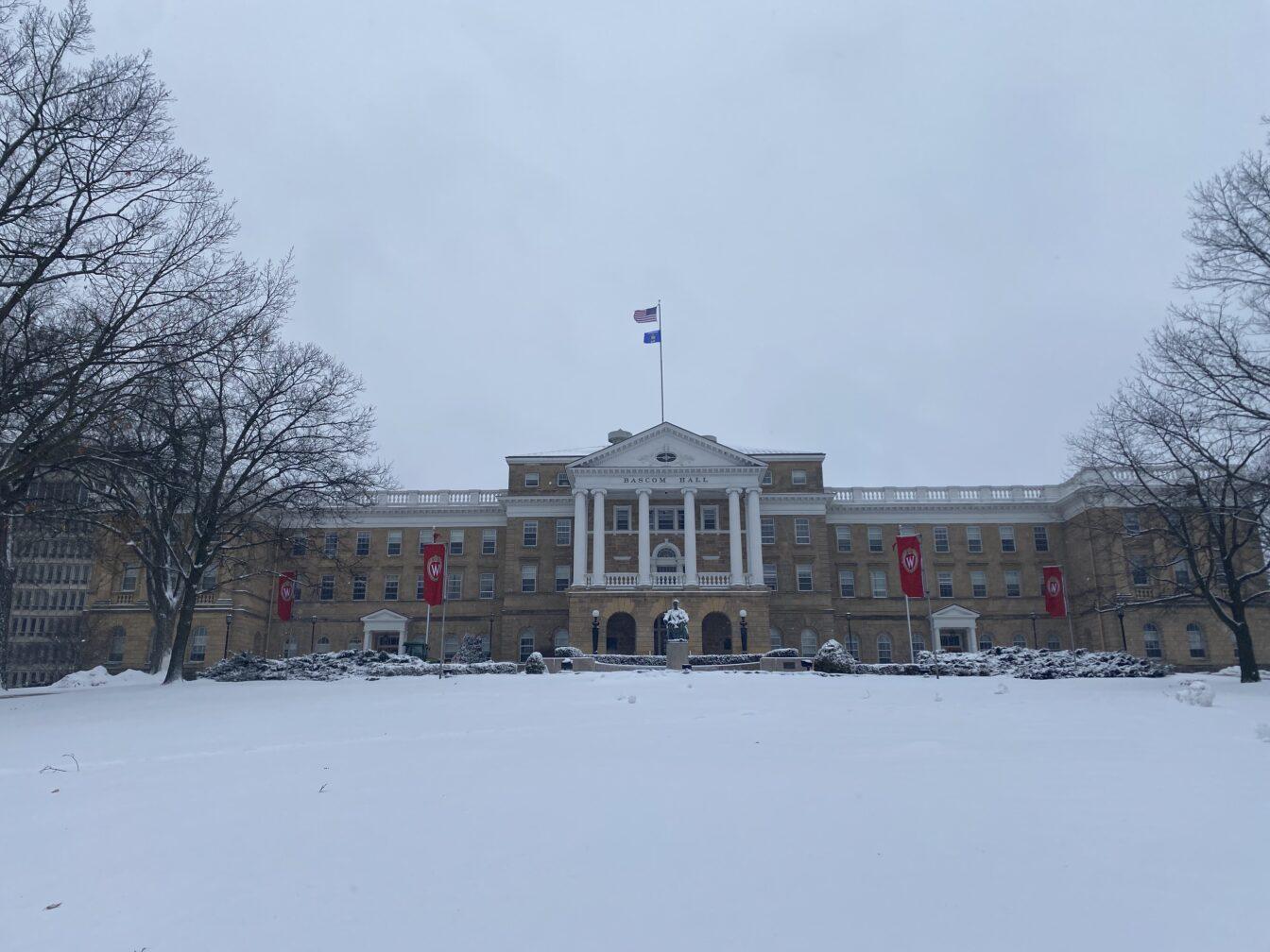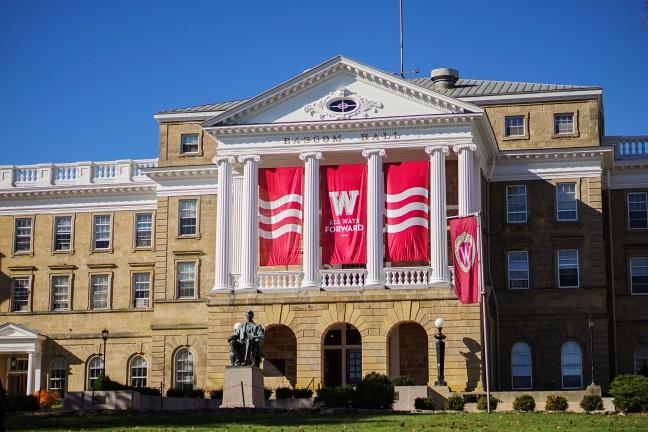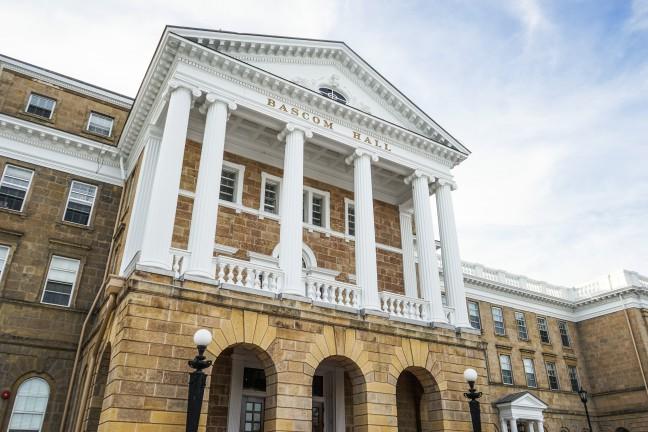For many University of Wisconsin students, Badger Saturdays are some of the most memorable (or least remembered) days of the year. They play a crucial role in maintaining alumni involvement and provide a common bonding experience for students. And, most importantly from the Athletic Department’s perspective, they rake in huge sums of money. According to data from the U.S. Department of Education compiled by businessofcollegesports.com, UW’s football and basketball programs generated nearly $60 million in revenue in the 2010-2011 year, roughly half of which was pure profit.
Yet the student athletes, who are the heart of these sports, receive a negligible proportion of the profits they help rake in. Without them, there would be no Badger Saturdays, no Grateful Red and no $30 million annual profit for the university. Considering how much money athletes bring in, it is unreasonable that these student athletes aren’t being compensated beyond their scholarships. Further, between time constraints and NCAA rules, it is very difficult for an athlete to work during the school year.
On one hand, it’s hard to feel too bad for athletes in revenue sports — after all, they are getting a world-class education for free. It’s true: a full-ride scholarship is a significant benefit. In this day and age a free college education is something many students would kill for. Still, many things that students consider central to their UW experience are not covered by a scholarship.
To begin with, the cost of living in Madison is fairly high relative to most other parts of the state. Even with a scholarship, simply residing in Madison is not cheap. For an athlete who doesn’t come from a well-off family, it could be very difficult to enjoy their college experience, or even make ends meet, with a limited ability to work.
Only a small fraction of college athletes go on to play at the professional level — the rest will be seeking employment with their college degree. Being an NCAA athlete, especially in a revenue-generating sport, is a massive time commitment. It is entirely possible that an athlete would place less emphasis on academics than he or she would otherwise.
Furthermore, student athletes in certain sports are putting their health at considerable risk. This is especially true of the cash cow that is college football — the recent stories about former NFL players suffering debilitating symptoms after numerous concussions only cement this point. By playing college football beyond the years necessary for NFL eligibility, a professional caliber student athlete risks millions of dollars in future earnings without any extra compensation.
Finally, these athletes are bringing in huge sums of money for their schools. In 2010-2011, UW’s football team raked in an estimated $30 million in revenue. This means the average player on the team is generating well into the hundreds of thousands of dollars of revenue. Of course, a fair amount of variance exists here — redshirt sophomore Joel Stave is bringing in more money than someone at the bottom of the special teams depth chart. It is simply not fair for people generating so much money to receive so little compensation.
All of this points to one conclusion: Student athletes, especially those in dangerous, revenue-generating sports, deserve to be compensated with more than a scholarship.
We will not attempt to prescribe in detail a fair compensation plan — others are far more qualified to work out the specifics. Suffice it to say that a great variety of ways exists to implement some sort of payment scheme while still preserving the “purity” of college sports.
At present, the argument that college athletes should not be paid hinges on exactly that: the “purity” of college sports. First of all, purity is a vaguely defined, abstract concept, and the notion that paying athletes is “impure” is completely subjective. It is certainly no basis for financial decision-making. Moreover, this aesthetic idea of purity is only an illusion. In the real world, college athletes are paid, whether the NCAA allows it or not. During the last several years, a number of scandals involving under-the-table compensation of college athletes have occurred.
By preventing athletes from being paid, the NCAA is adhering to subjective principles that have already been corrupted to the point of irrelevance. And in a country that so ardently espouses free market principles and so dearly loves sports, it is absurd that the college students who play them cannot be paid.


